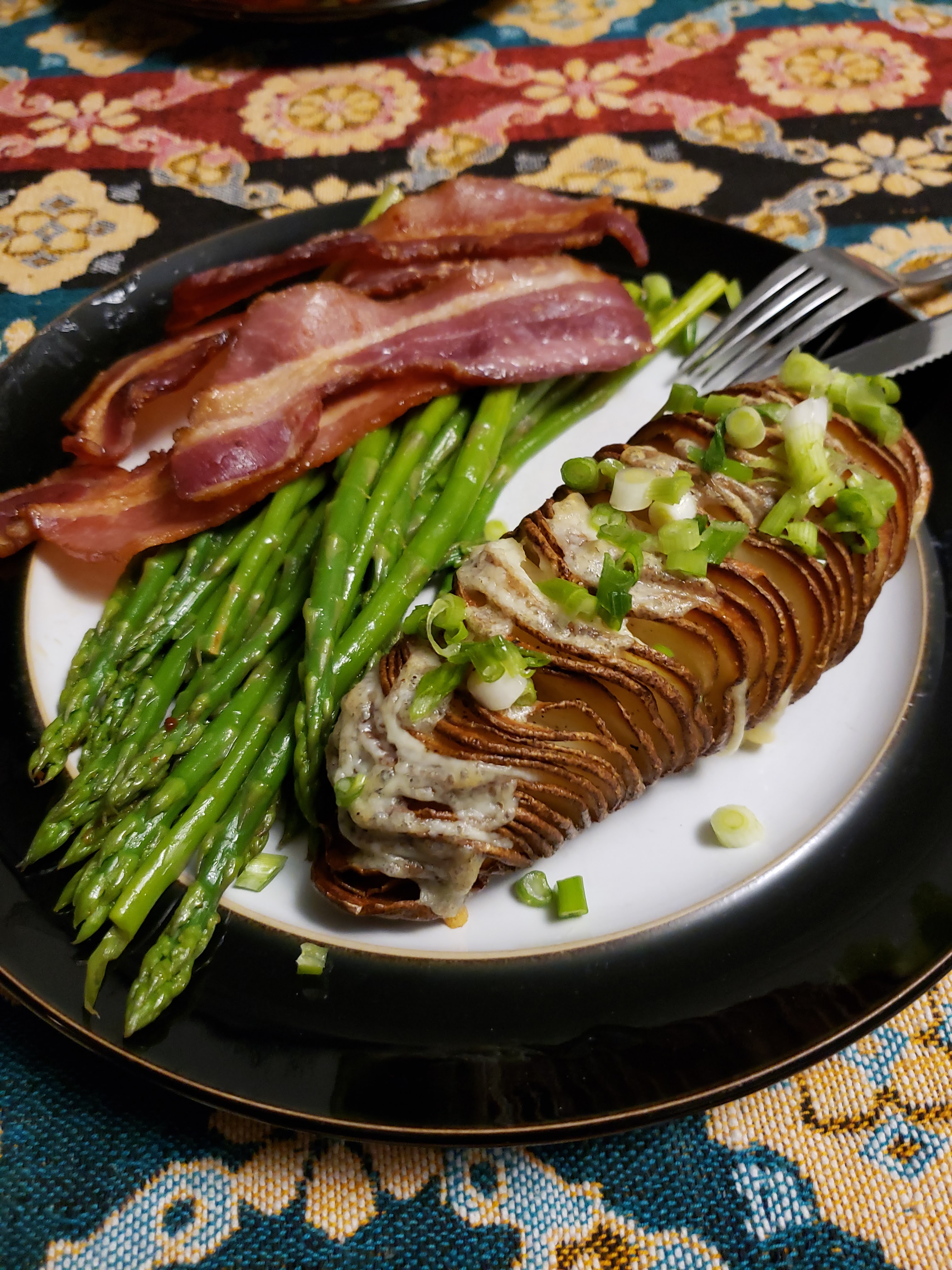FoodPorn
Welcome to a little slice of culinary heaven where we share photos of our favorite dishes, from savory succulent sausages to delicious and delectable desserts. Made it yourself? We'd love to hear your recipe!
Rules:
1. BE KIND
Food should bring people together, not tear them apart. Think of the human on the other side of the screen, and don't troll, harass, engage in bigotry, or otherwise make others uncomfortable with your words.
2. NO ADVERTISING
This community is for sharing pictures of awesome food, not a platform to advertise.
3. NO MEMES
4. PICTURES SHOULD BE OF FOOD
Preferably good, high quality pictures of good looking grub; for pictures of terrible food, see [email protected]
Other Cooking Communities:
Be sure to check out these other awesome and fun food related communities!
[email protected] - A general communty about all things cooking.
[email protected] - All about sous vide precision cooking.
[email protected] - Celebrating Korean cuisine!
view the rest of the comments

Physics prevents this from being cooked anything other than inconsistently.
As the fins rise and spread out, the amount of moisture that can dissipate can be plotted on a curve with the bottom of the potato always representing the least amount of moisture dissipation, and the outer part at the top always having the most.
And it gets more complicated because as the potato curves on each axis it becomes thinner on the edges so there's a gradient in moisture dissipation there too.
In a practical sense this means that every X, Y, Z point on this potato is cooked different. Some points will be perfect but by definition it means other points will not and cannot be perfect. And other points must be awful.
There is a fundamental flaw in this design, which changing the temperature or cooking duration cannot solve.
Too much delta t leads to too much delta T.
I wonder if the tater could be sous vide after slicing to perfect temp and then somehow flash crusted. Similar idea to twice cooked fries that are boiled, frozen, then fried.
To get a more consistently cooked product, I think the geometry of the surface would need to change or we would need to use a cooking device that could deliver a different amounts of heat energy to different points.
Id wrap the top half in foil, cook it upside down for 50-75% of the cook time, then flip rightside up and take the foil off to finish.
https://www.simplyrecipes.com/recipes/how_to_cook_potatoes_sous_vide/
Go for it, let me know how it turns out!
I mean, I've had this prepared professionally and it was exceptional and consistent. And I knew immediately I probably didn't ever want to prepare it myself.
So its a skill issue. Check.